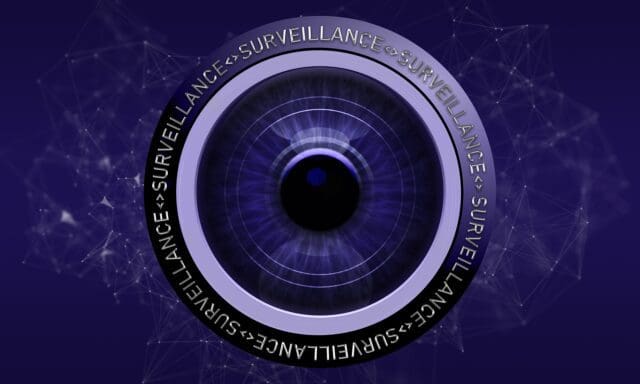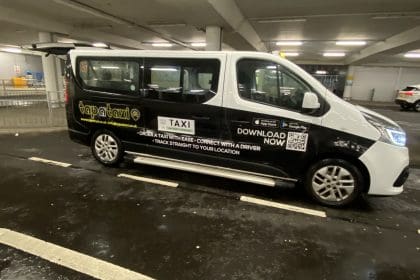Taxi drivers must follow regulations regarding every aspect of their business, for their own protection, and for that of their passengers.
As well as legal guidance from the Government, which is implemented and monitored by local licensing authorities, the authorities themselves also impose rules that must be adhered to locally. This can be anything from setting the fares, to dress codes and disciplinary issues.
Video evidence
We know how important dash-cams can be in the event of a crash and liability for a taxi insurance claim. But installing CCTV inside cabs has always been a contentious issue, with those in favour championing safety and security, while opponents say it is an invasion of privacy.
Whichever side of the line you fall on, drivers in Swindon were given no choice and were made to install cameras in taxis and PHVs to help protect passengers as well as drivers.
The decision was made by Swindon Borough Council’s licensing committee in 2022, with cameras to be installed by April 1, 2023. Only five per cent of licensing authorities make CCTV mandatory in taxis.
But, as the Swindon Advertiser reports, the council was quickly swamped and couldn’t cope with the volume of record-keeping necessary because of staff shortages, and that deadline was missed.
Workload
The Advertiser reported: “Data protection laws would mean the local authority would be responsible to holding and managing the data captured by the CCTV if it was needed.”
A review was carried out which recommended pushing the implementation of the scheme back a year.
A report to the committee said: “This review established that where the council has mandated CCTV as part of its taxi licensing policy, there are significant technical requirements that must be in place to implement the requirement and to fulfil the Information Commissioner’s Office requirements.
“These present onerous expectations on the council as the data controller.”
It said this would enable the team “to look further into the requirements on the council if it insisted all taxis have cameras and recording equipment installed”.
The committee was told that despite the reasons for insisting CCTV was installed in cabs, in the six cases in which complaints were upheld against drivers, there were no cameras in any of their cabs and the delay is no cause for concern.
It said: “Over the past year, the council has received some complaints about the conduct of HCV and PHV drivers. Three drivers have been suspended and three have had their licence revoked as a result.
“In taking this action, none of the investigations required CCTV footage to bring the matters to a conclusion.
“Whilst it is undeniably useful to capture footage via CCTV, the current level of criminality does not justify a requirement for mandatory inclusion. Fundamentally, the council does not have the resources to deliver a mandatory CCTV requirement at this time.”
Despite pushing back the deadline, the council has said drivers can install CCTV if they wish to. This follows a consultation earlier this year in which 72 per cent of respondents, mostly taxi drivers, wanted CCTV to be option.
This should provide irrefutable evidence in the event of complaints or allegations made against drivers or passengers.




